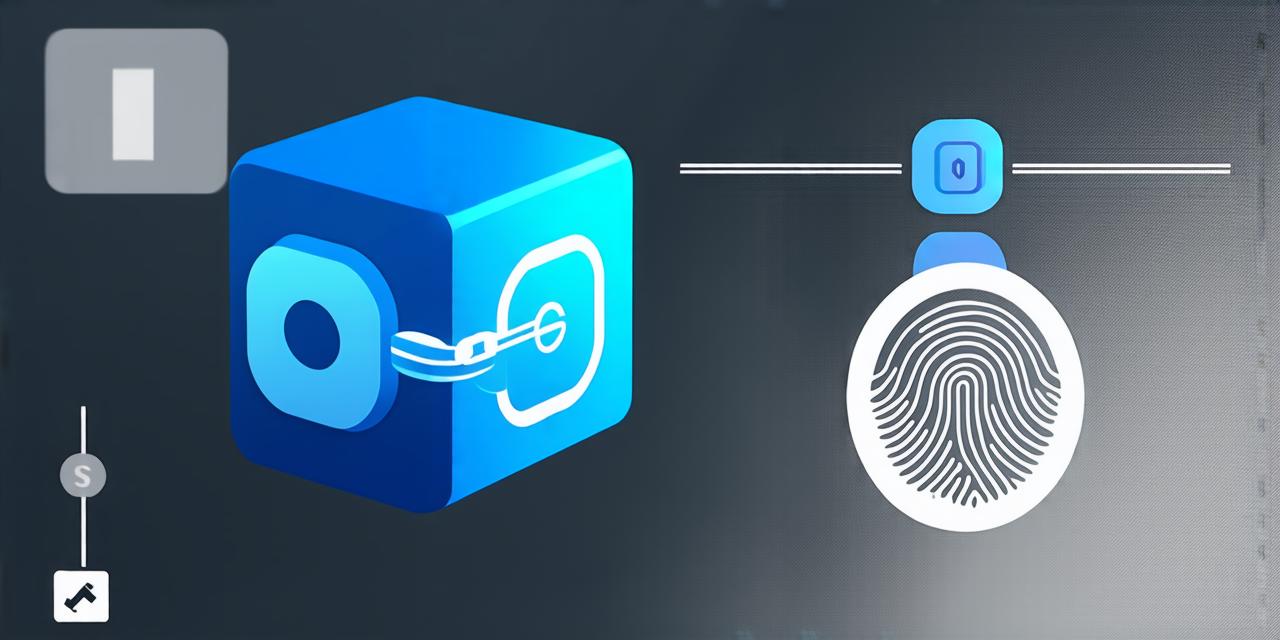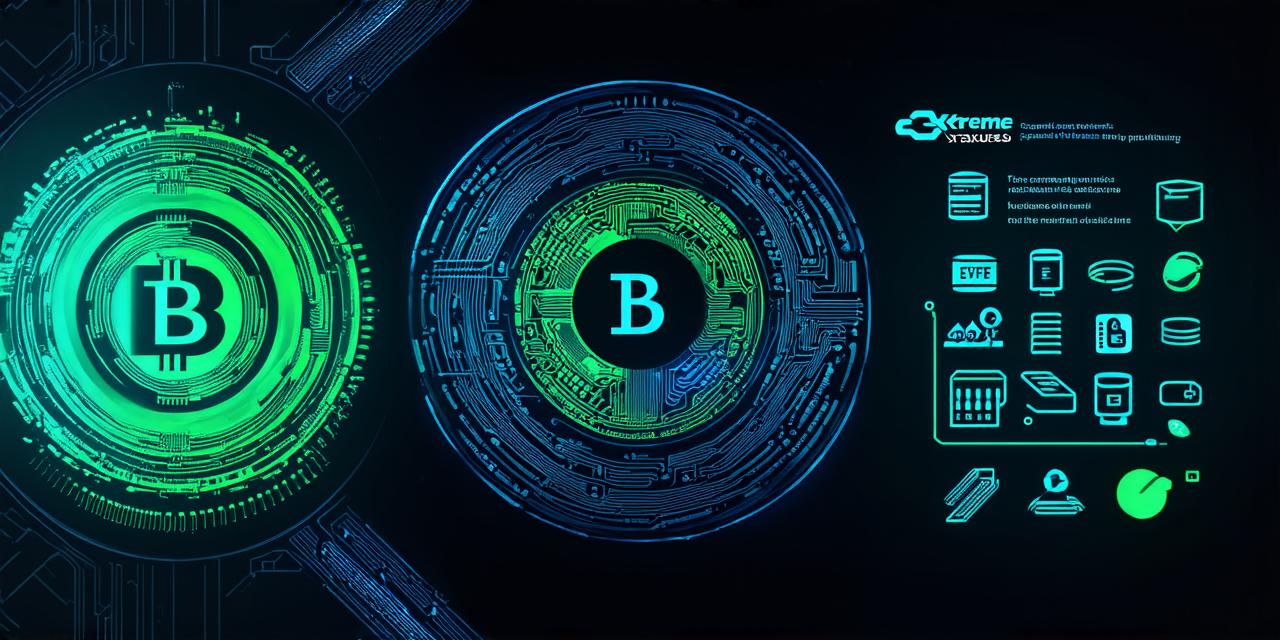What is Blockchain Technology?
Blockchain technology can be defined as a decentralized, distributed ledger that enables secure and transparent transactions without the need for intermediaries. The term “blockchain” refers to a chain of blocks that contain information about transactions, which are verified and validated by nodes in the network.
Each block contains a unique set of information, such as a timestamp, transaction data, and a cryptographic hash. The decentralized nature of blockchain technology means that there is no central authority controlling the network. Instead, transactions are validated and processed by nodes (computers) in the network, which ensures that the ledger is secure and transparent.
Transactions are recorded on the ledger in a permanent and immutable manner, making it difficult for anyone to tamper with or manipulate the data.
How Does Blockchain Technology Work?
Blockchain technology works through a consensus mechanism, which allows nodes in the network to agree on the validity of transactions. The most commonly used consensus mechanism is proof-of-work (PoW), which requires nodes to solve complex mathematical problems to validate transactions and add them to the ledger.
Once a transaction is validated, it is added to the blockchain, creating an immutable record of the transaction. The decentralized nature of blockchain technology means that there is no central authority controlling the network. Instead, transactions are validated and processed by nodes in the network, which ensures that the ledger is secure and transparent.

Potential Applications of Blockchain Technology
Blockchain technology has the potential to revolutionize various industries, including finance, healthcare, and supply chain management. Some of the potential applications of blockchain technology are:
- Finance: Blockchain technology can enable faster and more secure transactions in the financial industry. It can also reduce costs associated with intermediaries and increase transparency in financial transactions.
- Healthcare: Blockchain technology can improve data security and privacy in the healthcare industry. It can also enable secure sharing of medical records and reduce administrative costs associated with record keeping.
- Supply Chain Management: Blockchain technology can improve transparency and traceability in supply chain management. It can also reduce costs associated with intermediaries and increase efficiency in the supply chain.
Case Studies: Real-Life Applications of Blockchain Technology
Blockchain technology has already been applied in various industries, and here are some real-life examples:
- Bitcoin: As mentioned earlier, Bitcoin is a cryptocurrency that uses blockchain technology to facilitate peer-to-peer transactions without the need for intermediaries. It has gained widespread attention due to its potential to revolutionize the financial industry.
- Ethereum: Ethereum is a decentralized platform that enables developers to build and deploy decentralized applications (dApps) using blockchain technology. It has been used to build various dApps, such as smart contracts, decentralized finance (DeFi) applications, and non-fungible token (NFT) marketplaces.
- Supply Chain Finance: Blockchain technology has been applied in supply chain finance to improve transparency and efficiency in the supply chain. For example, IBM has partnered with Maersk to develop a blockchain-based system for tracking and managing cargo in the global supply chain, enabling real-time visibility into the location and status of shipments.
FAQs: Frequently Asked Questions about Blockchain Technology
1. What is blockchain technology?
Blockchain technology is a decentralized, distributed ledger that enables secure and transparent transactions without the need for intermediaries.
2. How does blockchain technology work?
Blockchain technology works through a consensus mechanism, which allows nodes in the network to agree on the validity of transactions. Transactions are recorded on the ledger in a permanent and immutable manner.
3. What are some potential applications of blockchain technology?
Some potential applications of blockchain technology include finance, healthcare, and supply chain management. It has the potential to revolutionize various industries by enabling faster, more secure transactions and increasing transparency and traceability.



